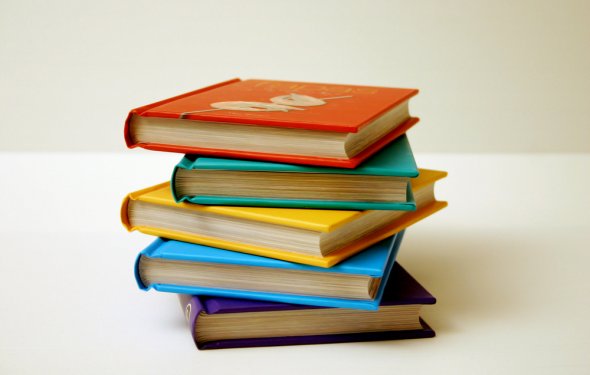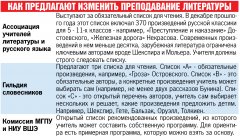That You Should Read From Classics

 The literary teacher familiar sent me a link to the YouTube video.
The literary teacher familiar sent me a link to the YouTube video.
♪ Look what they teach kids!
I'm opening the video: "Gangster's notes. Crime and punishment. " On screen, a black reper in broad pants and a baseball cap that fell in a luxury leather chair:
♪ My family is the clearest character in the whole world. Russian literature! When he was all n... sick, he took the torch and sent that old one with... that he owed money.
And then in the same spirit. The skate has more than 20,000 views. Schools are thrilled, teachers are heart attacked. What do you understand about the Dostoy in that statement?
♪ In the West, such videos are very popular, telling Alexei Scripnik, building an online library of Briefly briefs. - We've got the most popular book content yet. Children are forced to use them - the school list is very large. If they don't read anything, they'll get double and reprimand from their parents. But if you had to go and buy a special book at the store earlier to read the briefs, it's enough to go online.
The quality of these online retrievals is now such that teachers are far from being able to determine whether the schoolgirl reads the original or this. Here comes the absurd: the children of War and Peace have not been taken into their hands and their writings are written in five.
MULTILATERAL GUIDELINE
Whatever the teacher's hands, the fact is that the children of the book don't read. And from school, especially. Adult disputes about whether to include Bunnin's compulsory literature on the list with Cupran and to exclude, let's say, Bulgakow with Solugian didn't care. They don't care! It's just that the Network has the shortest statement.
Speakers, methodists and other unspeakable people are therefore deeply debated about the school curriculum. Everyone understands that she needs to be changed. But what way? Two alternative concepts have been presented so far. There was another one recently.
♪ We did not address the question of " How many students should read? " , by a co-sponsor of the programme, Catherine Asonova, who runs a laboratory of sociocultural educational practices at the Moscow University of Teacher Education. - We have focused on the Federal State Education Standard (FGES) and have written a programme based on the outcome we want to achieve. And the main result in our view is that a graduate can find a book of interests, read and understand it without the help of a teacher, and make a good idea of it.